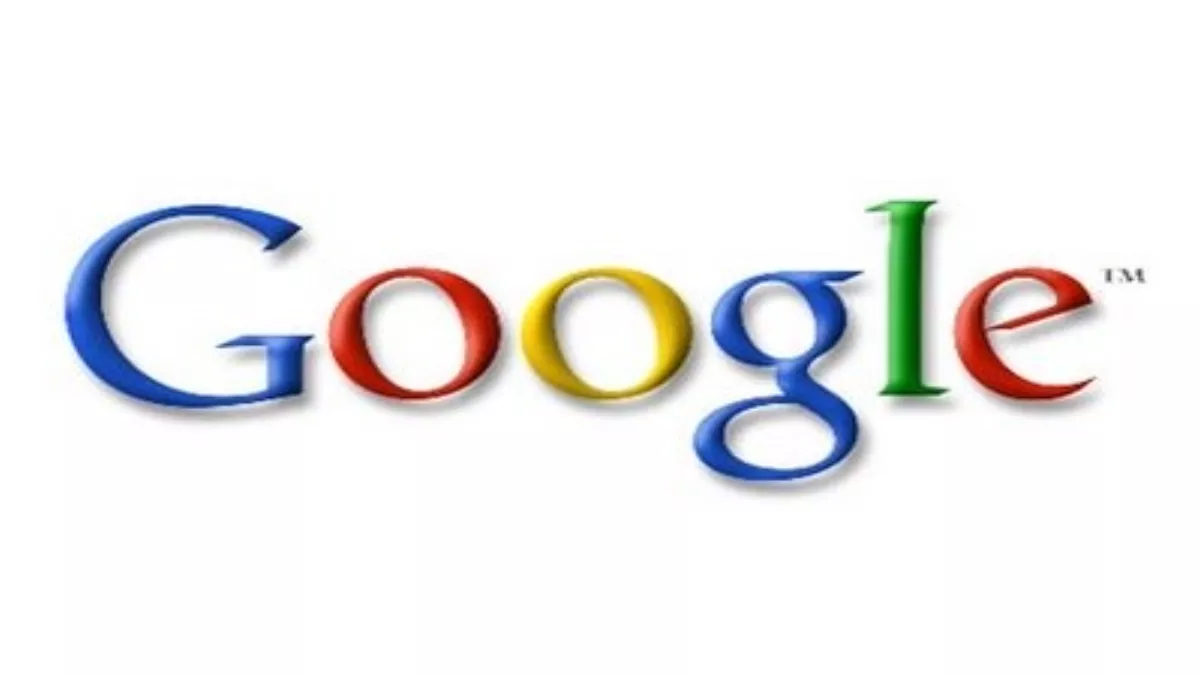Building on changes it made back in 2009, Google has further expanded its search results to include social-networking data within search results, rather than at the bottom of the page search page.It’s part of a new focus by the search- engine giant to create a more social context for its search results by integrating the recommendations and interests of known friends into its formerly ‘friendless’ results. "As always, we want to help you find the most relevant answers among the billions of interconnected pages on the web,” the company stated in a recent blog post. "But relevance isn’t just about pages-it’s also about relationships.”The social networks that will now be included within search results include Blogger, Twitter, Flickr, as well as "other publicly available sites”. This is how Google is describing the changes:"First, social search results will now be mixed throughout your results based on their relevance (in the past they only appeared at the bottom). This means you’ll start seeing more from people like co-workers and friends, with annotations below the results they’ve shared or created.”The logic goes that if you are, for example, planning an overseas trip and want to research possible destinations, information related to your search that has been posted by people within your social network will be displayed alongside the usual Google search results. If a friend has uploaded photographs of the location to Flickr, a link to those photos and that friend’s Flickr account will appear within the search results for your query. Formerly, these results would appear only at the bottom of the page and were usually missed by most people."Second, we’ve made Social Search [tinyurl.com/y994atr] more comprehensive by adding notes for links people have shared on Twitter and other sites. In the past, we’d show you results people created and linked through their Google profiles. Now, if someone you’re connected to has publicly shared a link, we may show that link in your results with a clear annotation (which is visible only to you, and only when you’re signed in).”So, for example, if you were searching for a particular video clip and a social network friend of yours had tweeted the clip, that result will appear in your search results accompanied by a picture of the friend and and a link to their Twitter account."Third, we’ve given you more control over how you connect accounts, and made connecting accounts more convenient. You can still connect accounts publicly on your Google profile, but now we’ve added a new option to connect accounts privately in your Google Account. (After all, you may not want everyone to know you’re @spongebobsuperfan on Twitter.)”Suspiciously missing from the results is, of course, Facebook. The long running standoff between Google and Facebook has seen Facebook posts eliminated from Google search results for the time being. That niche is, however, currently being filled by the Microsoft Bing search engine, which has been integrating Facebook data into its search results since last year. While the changes will be a huge advantage for businesses using social networking as a branding exercise or as a way of managing customer relationships, the changes to Google’s algorithms also mean that everyday users will need to be more careful about the things they post on social networks, given the more prominent display they will receive in Google searches. Essentially, the old internet cautions still apply, but now with greater emphasis: be careful with the things you post online. Once posted, these messages can be read and indexed by machines and return to you at a later, more inconvenient time, stripped of their context. Again and always: posters beware.tinyurl.com/4arm8a3
FutureFive New Zealand - Consumer technology news & reviews from the future


